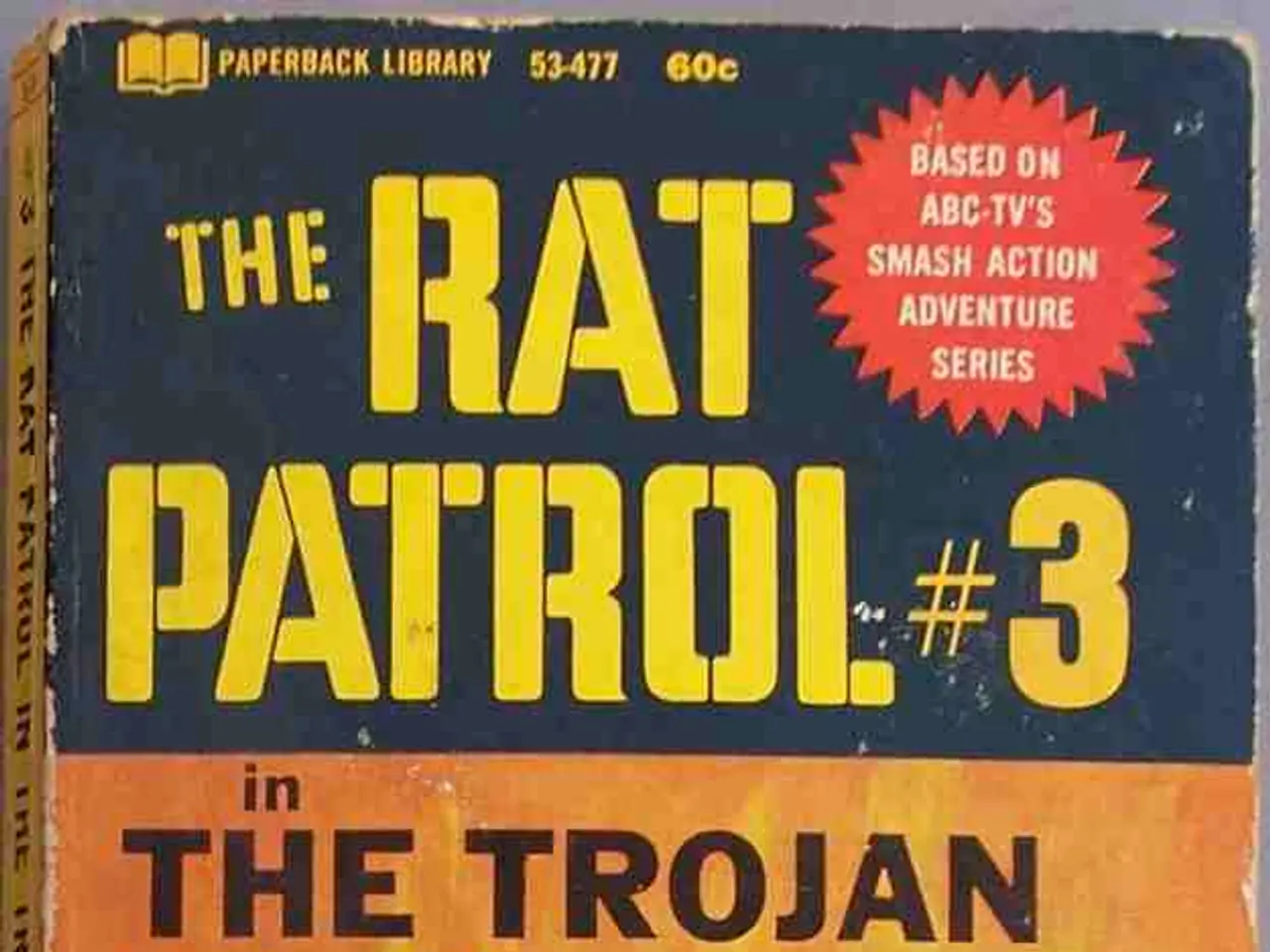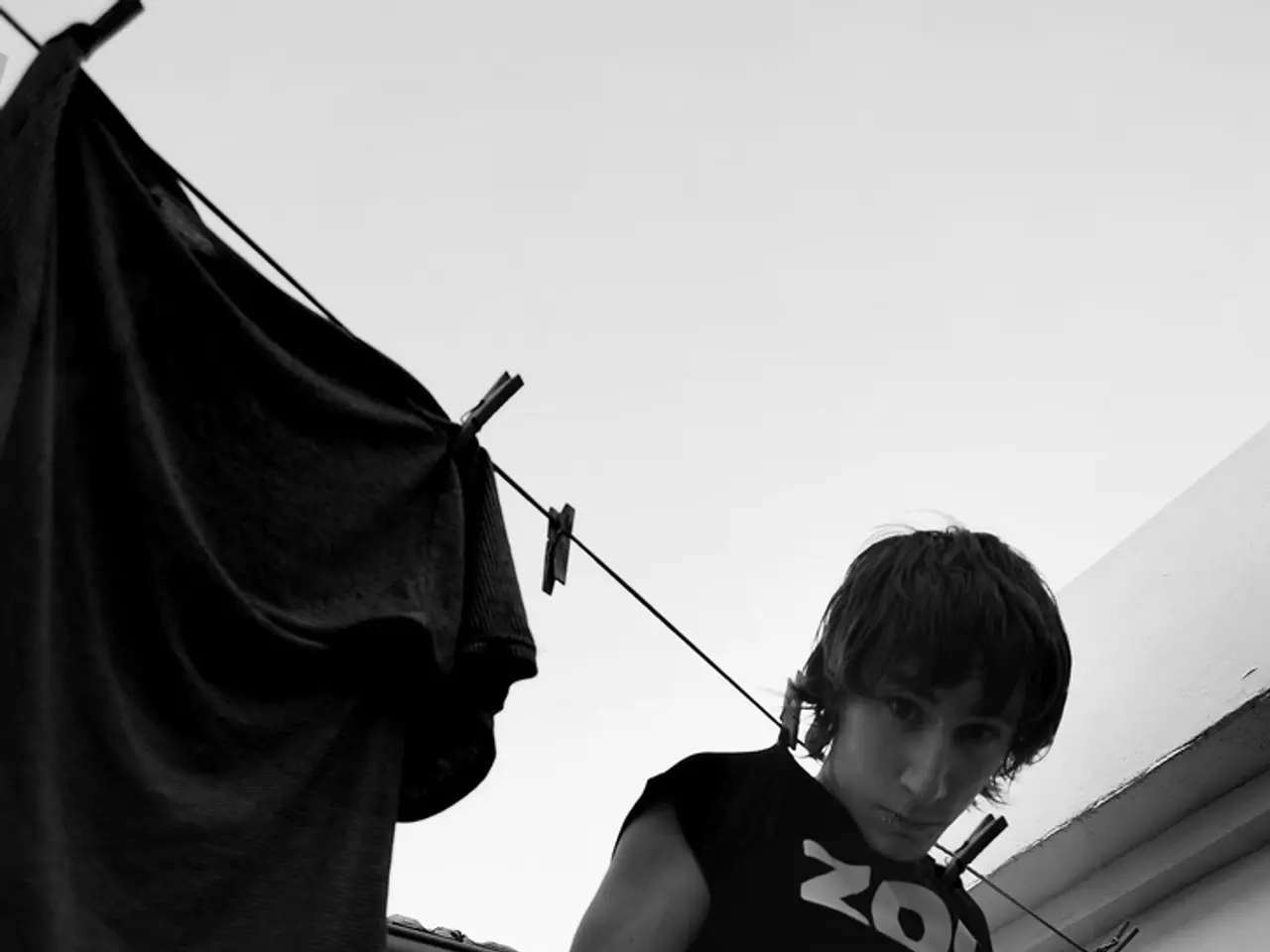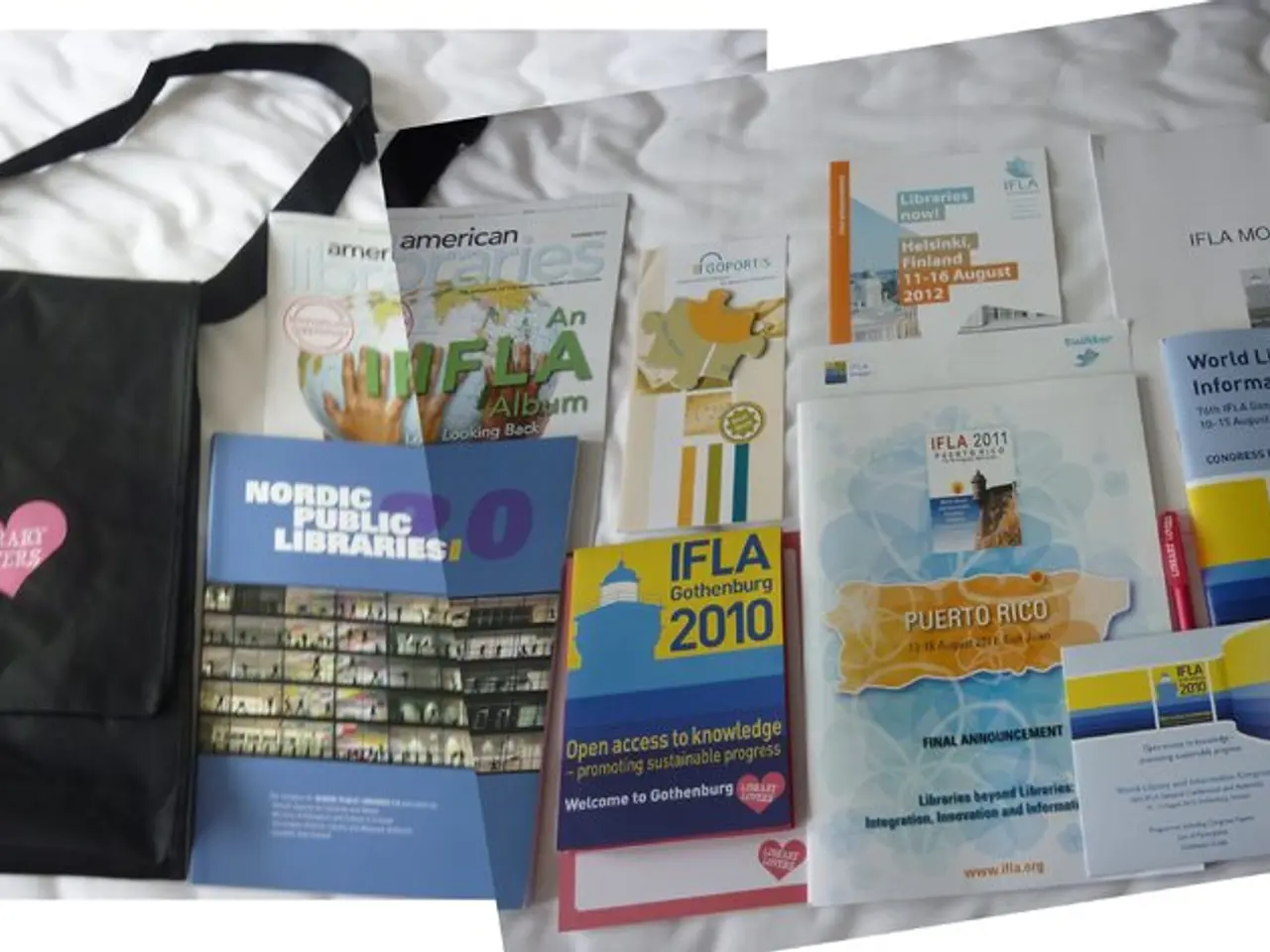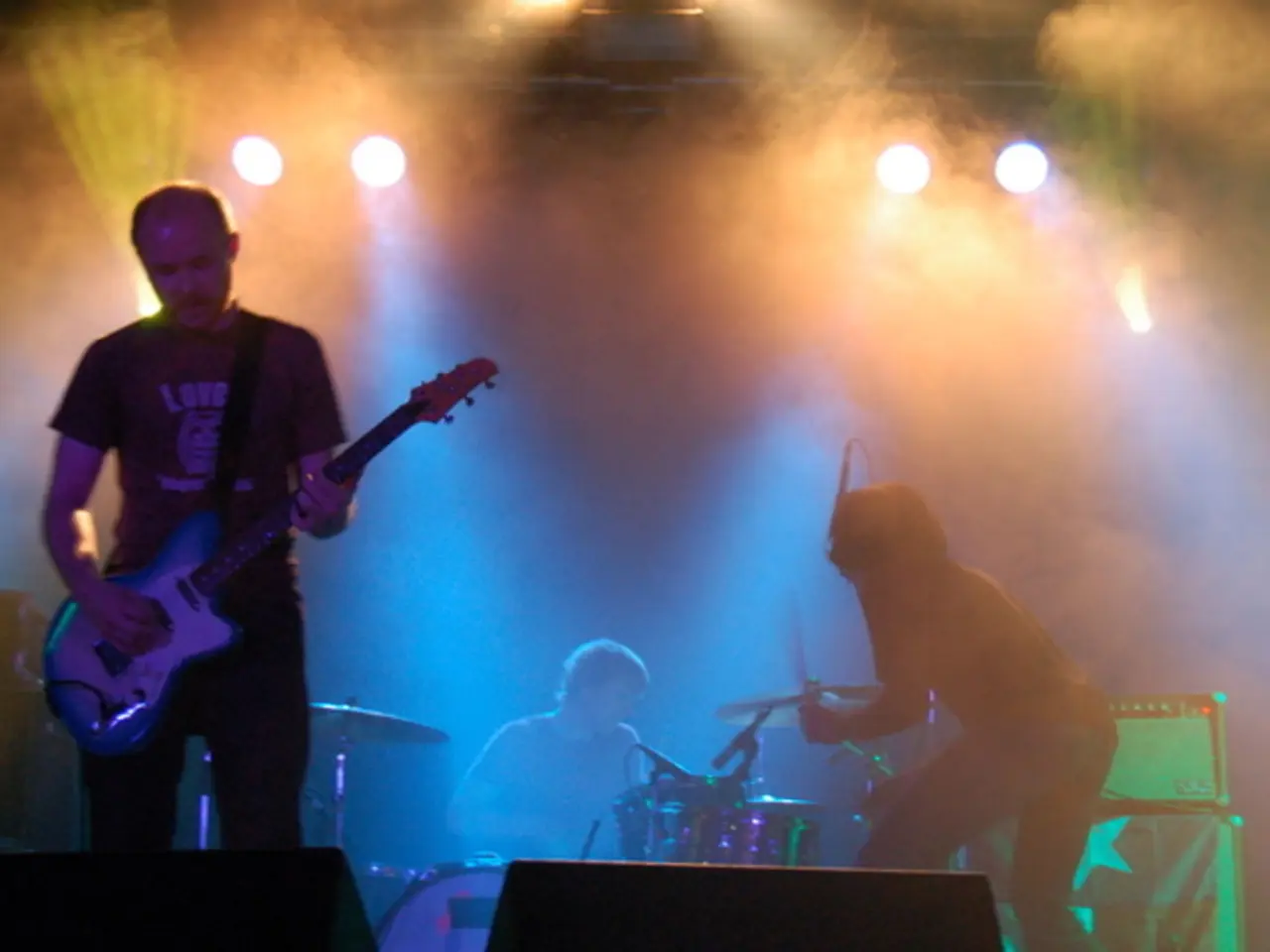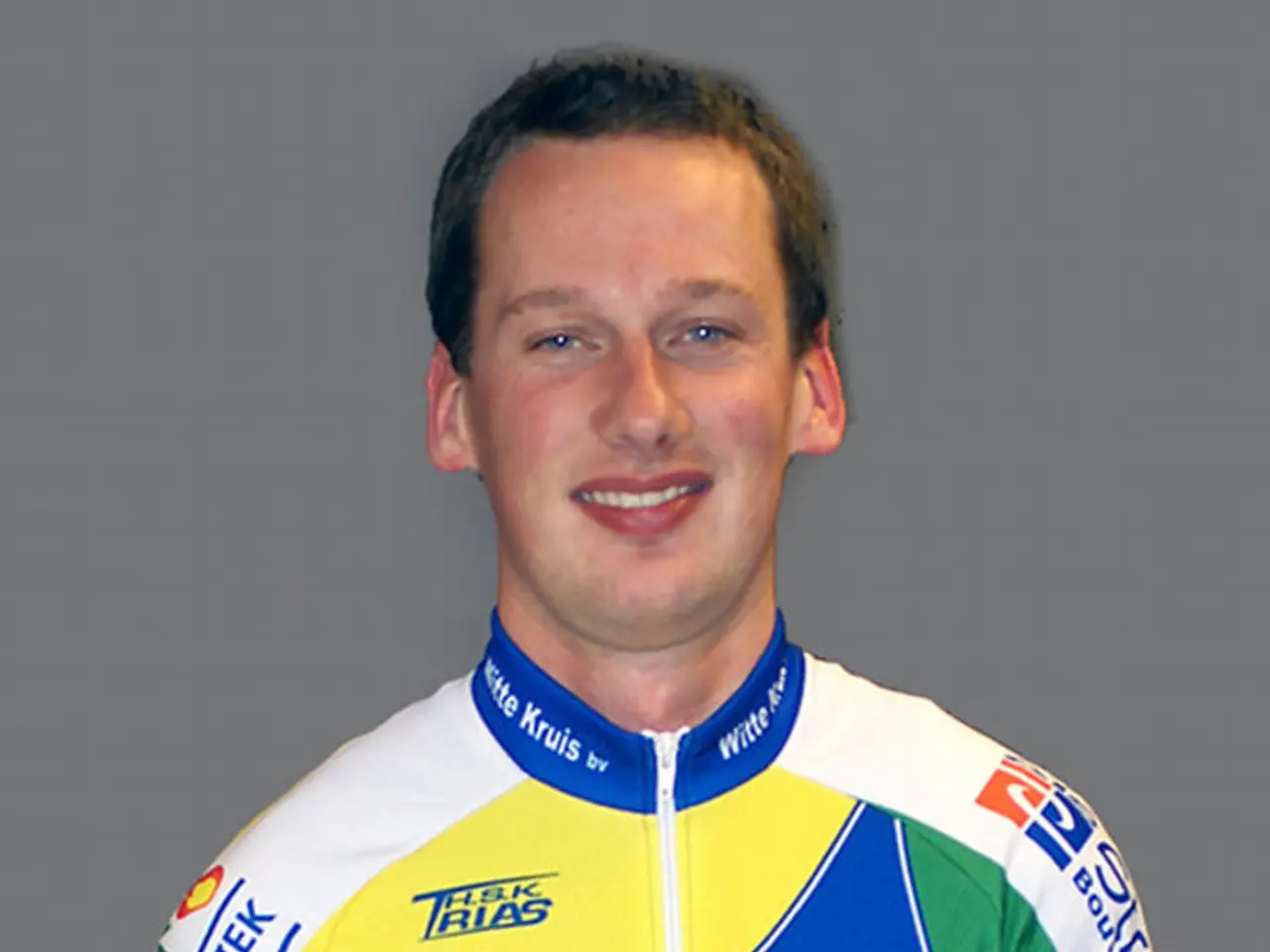Activist Chimes In: Ukraine Serves as a Battleground for Human Rights Issues
Maxym Butkevych, a Ukrainian human rights activist and journalist, has been deeply influenced by his two-year ordeal in Russian captivity. His harrowing experience, marked by physical and psychological torture, has become a driving force behind his current work in supporting victims, advocating for justice, and promoting healing in a war-torn Ukraine.
Released through a prisoner exchange in mid-October 2024, Butkevych immediately focused on the critical need for combined medical, psychological, and legal support for those returning from captivity. His own rehabilitation experience in a military rehabilitation centre served as a stark reminder of the challenges faced by those who have been through similar ordeals.
As a prominent figure in human rights defence, Butkevych uses his personal experiences to shed light on the cruelty of Russian prisons and the challenges faced by political prisoners. His insights into the trauma and systemic neglect endured during captivity inform his activism and public engagements, including speaking at festivals and academic events about the intersection of human rights abuses and the ongoing conflict in Ukraine.
Butkevych's captivity experience has also fuelled his psychological resilience and determination to contribute to Ukraine's peaceful future. His story underscores the importance of societal and communal support in rehabilitating detainees, advocating for accountability of war crimes, and fostering peacebuilding efforts amid continued conflict.
Following his release, Butkevych returned to human rights work and founded a new organization called Principle of Hope. The organization aims to help military personnel and civilians freed from Russian captivity reintegrate into society.
The ongoing conflict in Ukraine has made it challenging for elections to take place and has necessitated centralized decision-making processes. However, society continues to demand justice and explicit social justice. This demand, however, contradicts the state's desire to attract foreign investments for the economy, which often requires a stable and predictable political environment.
The war has also made Ukraine a testing ground for new weapons, even producing drones. Meanwhile, Russia has already begun an arms race and switched to a war economy. The EU could learn from Ukraine's experience in technology-oriented warfare, particularly in the area of recovering from war.
The Left demands a "just peace," more diplomatic efforts, and the establishment of an anti-war alliance, including countries from the European Union, China, Brazil, and other global southern states. Such an alliance already exists, but the global south is barely represented there.
Despite the challenges, Ukraine now has more expertise than any other country in the world in the area of recovering from war. The support, especially from the EU, ensures the maintenance of Ukrainian society's vitality and the recovery of the wounded.
However, Ukraine is still in need of support, not only for armament but also for social benefits, pensions, and payments to people who have suffered permanent health damage under occupation. The need for international aid continues as the country navigates its path towards peace and recovery.
[1] Principle of Hope: https://principleofhope.org/ [2] ZMINA Centre for Human Rights: https://zmina.org/ [3] Maxym Butkevych's TEDx Talk: https://www.youtube.com/watch?v=Tl0tI6Z2xRw [4] Maxym Butkevych's interview with The Washington Post: https://www.washingtonpost.com/world/europe/ukraine-journalist-maxim-butkevych-recounts-torture-in-russian-captivity/2022/04/12/015a27b0-578c-11eb-b2d2-8b18a142c04f_story.html [5] Maxym Butkevych's interview with The Guardian: https://www.theguardian.com/world/2022/apr/12/ukraine-journalist-maxim-butkevych-captivity-torture-russia-war-crimes
Butkevych's work in supporting victims, advocating for justice, and promoting healing in war-torn Ukraine is a response to his personal experiences in war-and-conflicts, specifically his two years in Russian captivity. His newly founded organization, Principle of Hope, aims to provide psychological, medical, and legal support to military personnel and civilians returning from captivity, reflecting his efforts towards general-news and politics.
